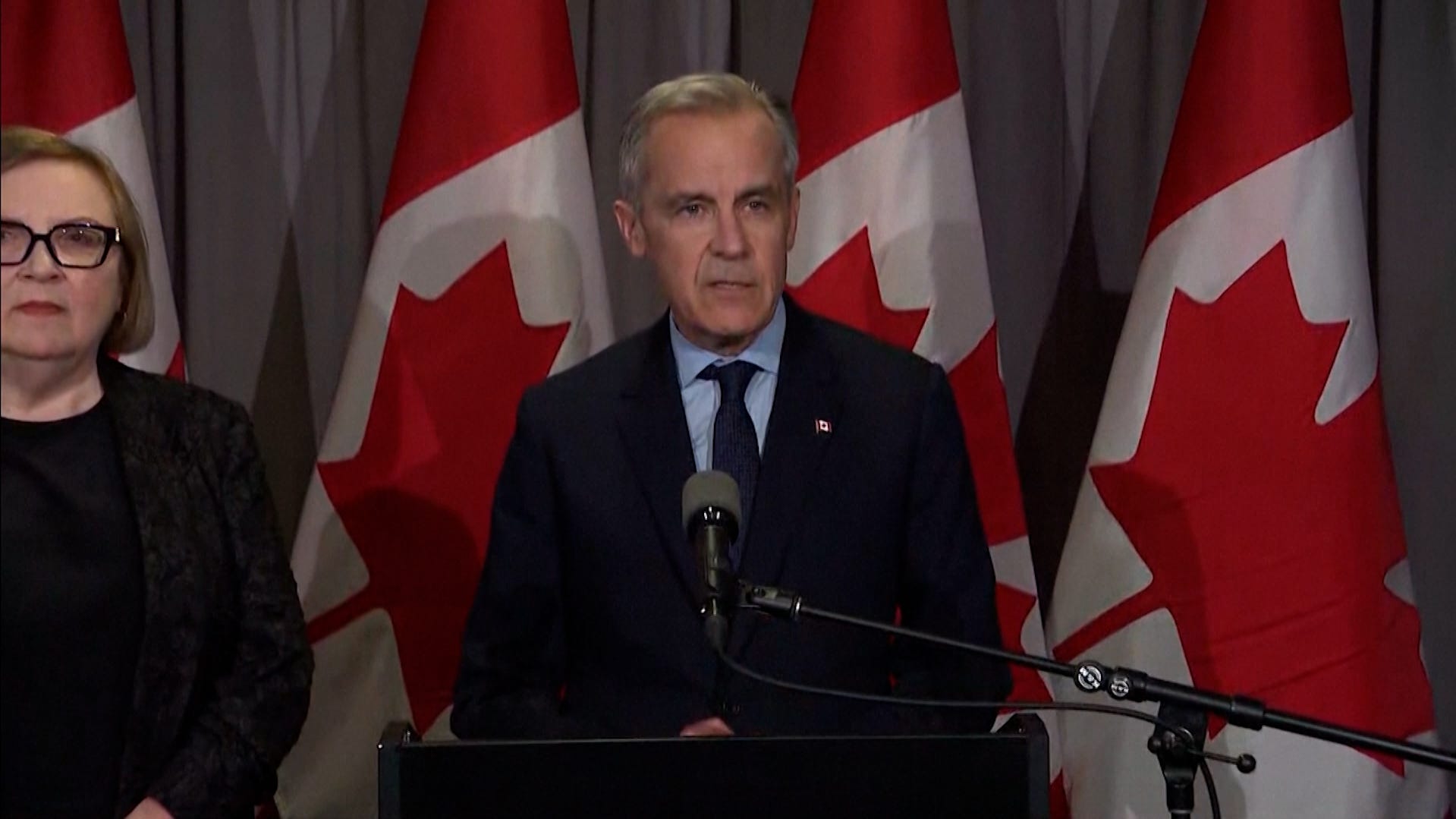A sign of the tariff era? Automakers are importing fewer cars under $30K, study says
Entry-level cars are harder to find thanks to tariffs.

- New car inventory for vehicles under $30,000 is on the decline.
- Auto import and part tariffs are changing dealer lots.
- Some automakers are uniquely positioned to endure tariff changes, others are making major adjustments.
The impact of tariffs on the auto industry is no longer theoretical. Auto tariffs are officially limiting the options available to American car buyers. Though the average new price of a car is nearly $49,000, several popular automakers have options in their portfolios closer to $30,000. Those options aren't as readily available as the pre-tariff era because of costs and profit margins.
Inventory of new vehicles priced under $30,000 has dropped significantly from 38% of the total market in 2019 to just 13.6% in the first half of 2025, according to Cars Commerce. Americans may want affordable entry-level cars, but automakers have limited their supply because of their exposure to tariffs.
Affordable new cars are a casualty of trade war
There are still plenty of affordable entry-level cars on the market, but an inventory decline of more than 24% in just a few years is concerning. Cars under $30,000 are primarily built outside the United States (92%), says Cars Commerce. So these vehicles are disproportionately affected by import and part tariffs. Because these vehicles are proving more expensive to import and build than vehicles with higher price tags, automakers have been limiting their entry-level inventory.
The midrange new car segment ranges from $30,000 to $49,000. It includes small and midsize SUVs and accounts for almost half of new car inventory. A whopping 50% of these midrange new cars are imported, so vehicles priced above $30,000 are feeling the effect of tariffs as well.
On the bright side, there are two popular affordable car nameplates that are built in the United States. The Honda Civic and Toyota Corolla are two of the best-selling small cars on the market. The Civic is built in Indiana and the majority of its parts come from North America. The Corolla is built in Mississippi and a large percentage of its parts come from North America. So, the trade war isn't entirely decimating the entry-level car segment.
How the auto industry is responding to tariffs
A coalition of U.S. auto industry groups sent a letter to the Trump administration after the announcement of 25% tariffs on imports and auto parts in March. The letter expressed concerns about the tariffs' impact on vehicle prices, vehicle sales, the American auto workforce, and the costs of servicing and repairing vehicles.
President Donald Trump signed an executive order and proclamation April 29 to ease auto tariffs. But the actions have done little to brace automakers for the overall impact of tariffs based on the study by Cars Commerce.
Several automakers have shifted production strategies and adjusted pricing with some brands, even lowering their prices to entice consumers. Ford launched its "From America, For America" campaign, which champions American-made automobiles and offers employee pricing to customers for over three months. The campaign resulted in a 14% gain in Ford Q2 sales. It even allowed the automaker to outsell Toyota for the first half of 2025 (by a narrow margin).
Ultimately, most major automakers are adjusting to auto tariffs, and some companies, like Ford, are making lemonade out of lemons. The impact of the trade war may be widespread, but there are still plenty of deals to be found for car buyers.
What cars are safe from tariff fallout?
No vehicle is completely safe from the effects of tariffs, but several brands and models are better positioned to weather the storm. Tesla vehicles are some of the most American-made cars on the market. Several other brands also produce nameplates that are primarily manufactured in America using mostly American-made parts.
Most American-made cars
- Tesla Model Y
- Honda Passport
- Volkswagen ID.4
- Tesla Model S
- Honda Odyssey
- Honda Ridgeline
- Toyota Camry
- Jeep Gladiator
- Tesla Model X
- Lexus TX
Choosing a used car is also a great way to avoid price fluctuations in the new car market. Used cars priced at $20,000 to $30,000 "offer the best balance of affordability and condition," according to Cars Commerce.